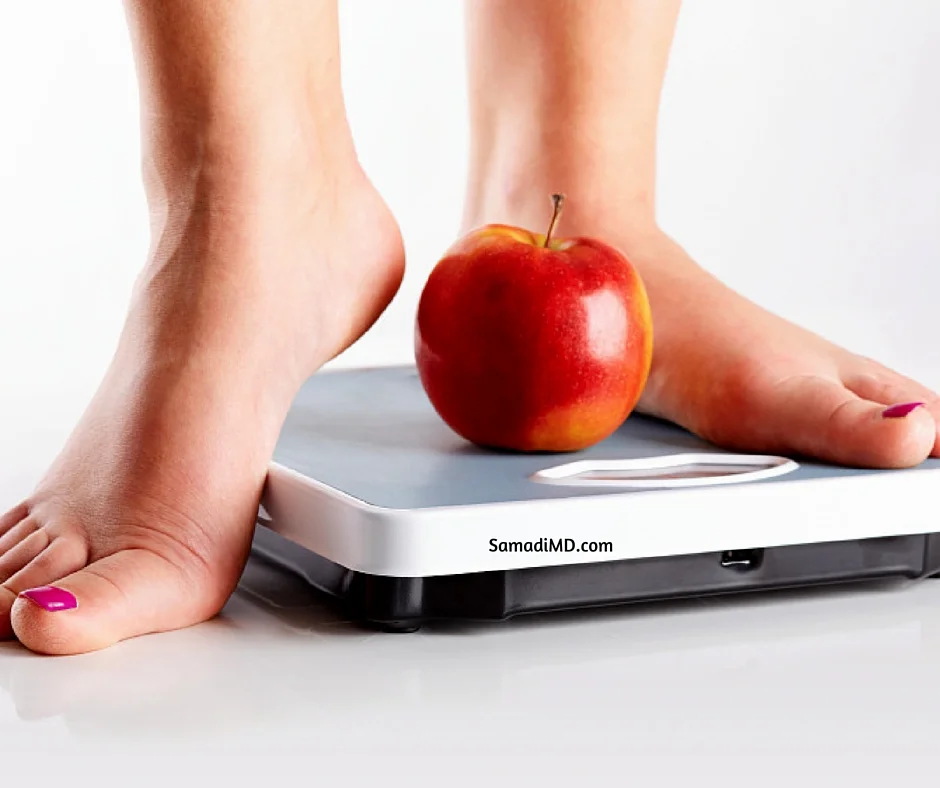Be honest – do you eat the recommended number of fruits and vegetables a day? If you’re the average American, you’re not even close. A telling recent report conducted by the Centers for Disease Control and Prevention and the National Cancer Institute found that fewer than 18% of adults in all states ate the recommended amount of fruit and less than 14% were eating the recommended amount of vegetables. This is not surprising as for years many of us just don’t eat a lot of produce. We get busy with our jobs, family and all the stresses life brings and eating the recommended amount of fruits and vegetables may not be at the top of our to-do list.
If more people truly understood the value and importance fruits and vegetables can bring to their overall health, it may convince more of us to make eating them a priority. Once you start adding more produce to your diet, you’ll begin to see how beneficial they are and will ask yourself, “Why wasn’t I eating more of these before?”
How many servings of fruits and vegetables is recommended?
The amount needed per day depends on different factors – your age, sex and level of physical activity. An excellent guideline is choosemyplate.gov which will thoroughly explain how many servings needed daily, what is considered an amount, and what foods are found in both fruits and vegetables.
Excuses we use to not eat fruits and vegetables
If you were to ask a person why they don’t get in the recommended number of servings of fruits and vegetables, there can be dozens of reasons. Let’s take a look at some of the more common ones:
· They cost too much – I’m with you on this one. They can be but not always. Here’s a couple of hints: One, buy when they’re in season as they are usually cheaper and taste their best and two, remember canned and/or frozen fruits and vegetables are another option. They are often a good bargain and will still offer the nutritional value of fresh produce. Both canned and frozen produce are picked at their peak so they often retain more nutrients than fresh produce unless you eat it within a few days. Choose canned fruits packed in water and canned vegetables that are low-sodium or rinse them with cold water in a colander to decrease the sodium content. Dried fruit is another option but they can be pricey and have a concentrated sugar content.
· They spoil before I can use all of it – Again, with fresh produce this can definitely happen. This usually results for several reasons – you bought more than what you needed, they weren’t stored properly, or you put them in the refrigerator and forgot about them until they turned limp and moldy. Here are a few tips to prevent wastage:
- Before going to the grocery store check to see what produce you already have on hand.
- Buy only the amount you will use or need.
- At the store, avoid produce that may be rotting or have insect damage.
- Store produce in the proper location. Depending on the fruit or vegetable will determine whether they need stored at room temperature or in the refrigerator.
- Certain fruits and vegetables need to be kept separate – fruits like apples and peaches release ethylene gas as they age causing other produce to ripen and spoil quicker.
- Use the FIFO rule – first in, first out. Rotate using up what you already have before using anything new.
· I don’t like the taste of fruits and/or vegetables – Some people may have grown up with little exposure to produce or were picky eaters while others may be what is called a “supertaster” where strong flavors, particularly from certain vegetables, can be overwhelming. The neat thing about produce is there are numerous ways to fix them for eating – baked, roasted, grilled, microwaved, steamed, stir-fry, sautéed – all of which can be done in a healthy manner and cooked to your liking. Check out the link to get great ideas on preparing fruits and vegetables.
Top 15 reasons to be eating more fruits and vegetables
1. They contain an abundance of vitamins and minerals that keep us healthy
2. They contain phytochemicals that may protect against certain diseases
3. They add texture, color and variety to our diet
4. They are naturally low in calories
5. They have little to no fat (except avocados but it’s a healthy fat), saturated fat or trans fats
6. Most can be eaten raw with minimal preparation – be sure and wash before eating
7. They make you feel full without feeling stuffed
8. They are full of fiber helping to prevent constipation
9. They are good for healthy skin
10. They make an easy snack
11. They contain nutrients that can protect against the eye condition macular degeneration
12. They are fun to grow yourself and then eat
13. They can help with weight control
14. They are naturally low in sodium
15. They help decrease tooth decay and promote oral health











